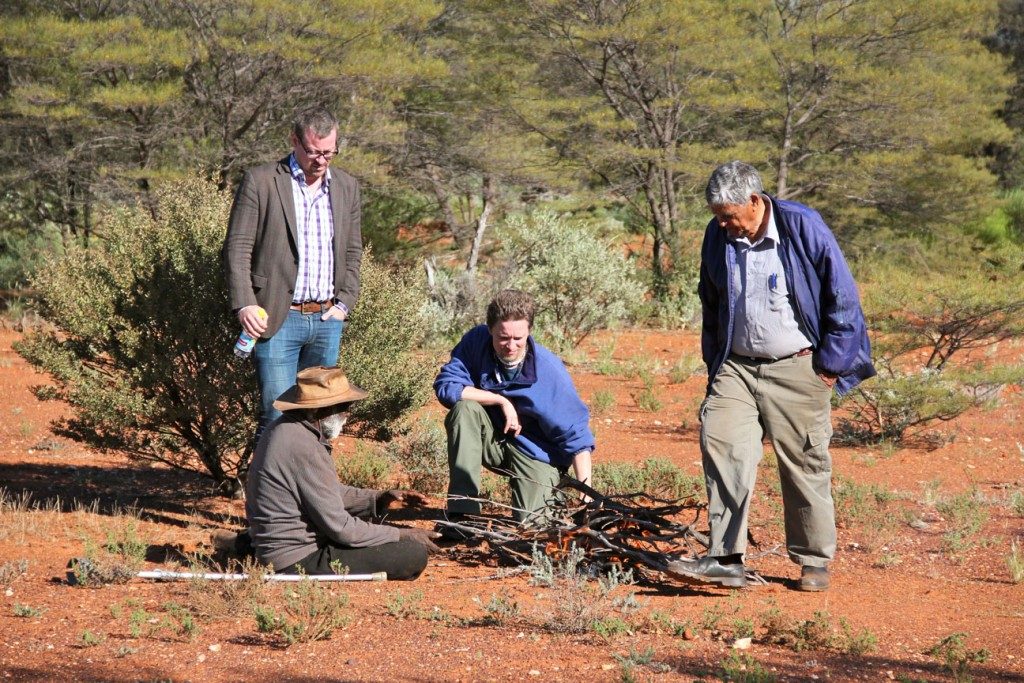SUMMARY
This is AI generated summarization, which may have errors. For context, always refer to the full article.

PARIS, France – The longstanding debate about how many waves of African emigration it took for modern humans to populate the planet revived on Wednesday, September 21, in diverging genetic studies published in the same science journal.
Two papers carried by Nature said a single exodus from Africa likely resulted in contemporary human populations in Asia, Europe and elsewhere.
But a third said it found surviving human DNA from at least one, earlier, Africa migration.
Altogether, the 3 studies presented data from more than 280 diverse populations around the world, but did not quite agree on what it all means.
The research provided “some missing pieces in the puzzle of human history”, Serena Tucci and Joshua Akey of the University of Washington’s Department of Genome Sciences wrote in a comment.
But “many fascinating questions remain” and further research was needed “to fully retrace the steps taken by early humans as they explored and colonized the world.”
Many scientists hold that all present-day non-Africans trace their ancestry to a single resettling population which left the continent some 40,000-80,000 years ago.
Others maintain there was an earlier migration to southeast Asia and Australasia around 120,000-130,000 years ago, followed by a later one to Eurasia.
Two of the new studies seem to support the first theory.
Genetic data, they said, point to all non-Africans hailing from a single African exodus. But they disagree on what happened later.
According to the one group of researchers, it appeared that on leaving Africa around 72,000 years ago, modern humans soon split into two groups – one heading north to Eurasia while the other swung east to Australasia.
Extinct colonizers
This was evidenced by the fact that Aboriginal Australians share the vast majority of their DNA with other non-Africans, the team said.
Australia and New Guinea have some of the earliest archaeological and fossil evidence of modern humans outside of Africa, and it had been speculated that Aboriginals may have originated from an earlier, Asia-bound, exit from Africa.
A second research team agreed there was a single African exodus, but said the first split happened slightly later – between west and east Eurasians.
Neither team rules out the possibility of multiple Out-of-Africa migrations, but said these would have made very little, if any, contribution to the gene pool of contemporary humans.
The third study took a different tack, more in line with a multiple-wave theory.
At least 2% of the genome of modern New Guineans, it found, came from “an early and largely extinct” group that had diverged from Africans earlier than Eurasians – about 120,000 years ago.
The ancient DNA may have been preserved in Papuans because of a channel of deep sea separating Asia and Australasia which didn’t freeze during ice ages, isolating the population there as others mingled their genes more freely.
“We believe that at least one additional human expansion out of Africa took place before the major one described in our research and others,” said study co-author Toomas Kivisild of the University of Cambridge.
“These people diverged from the rest of Africans about 120,000 years ago, colonizing some land outside of Africa. The 2% of the Papuan genome is the only remaining trace of this otherwise extinct lineage.” – Rappler.com
Add a comment
How does this make you feel?
There are no comments yet. Add your comment to start the conversation.